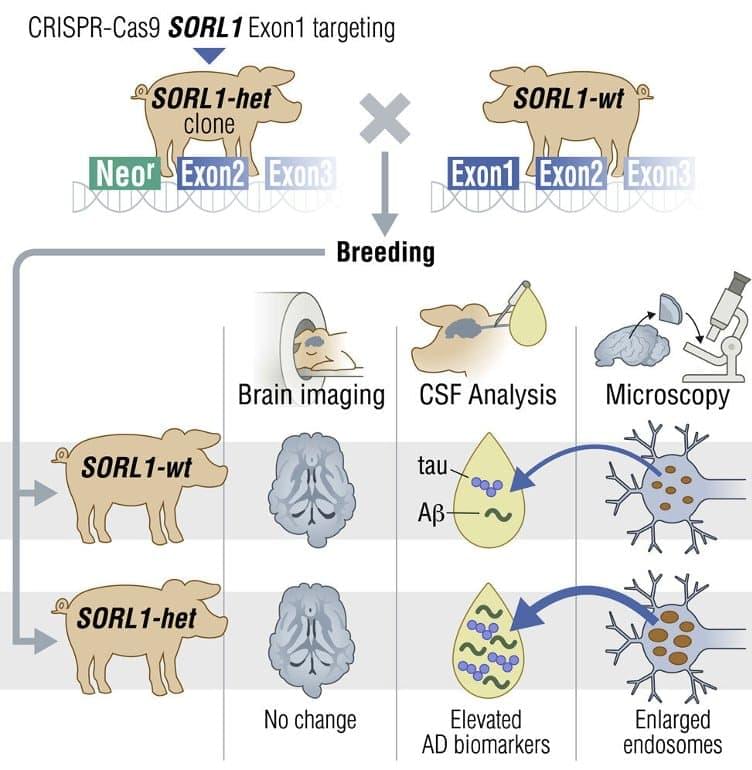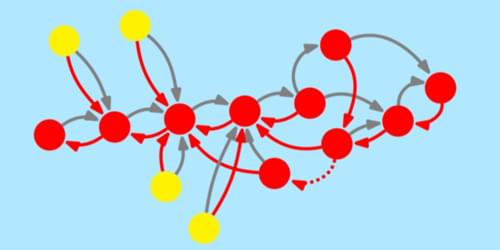Chromosome-level engineering is a completely different beast: it’s like rearranging multiple paragraphs or shifting complete sections of an article and simultaneously hoping the changes add capabilities that can be passed onto the next generation.
Reprogramming life isn’t easy. Xiao Zhu’s DNA makeup is built from genetic letters already optimized by eons of evolutionary pressure. It’s no surprise that tinkering with an established genomic book often results in life that’s not viable. So far, only yeast have survived the rejiggering of their chromosomes.
The new study, published in Science, made the technology possible for mice. The team artificially fused together chunks from mice chromosomes. One fused pair made from chromosomes four and five was able to support embryos that developed into healthy—if somewhat strangely behaved—mice. Remarkably, even with this tectonic shift to their normal genetics, the mice could reproduce and pass on their engineered genetic quirks to a second generation of offspring.








